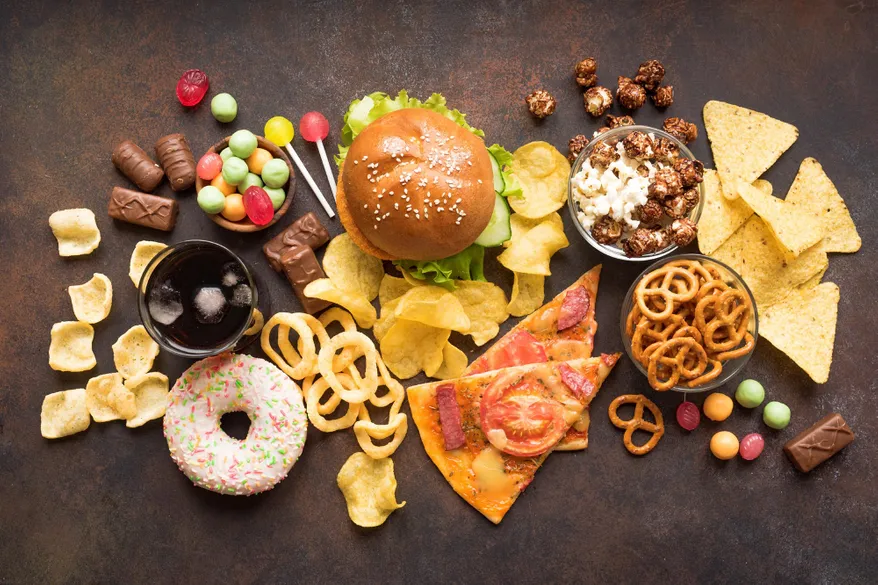Why are ultra-processed foods addicting?
October 18, 2022
The consumption of ultra-processed foods like soft drinks, fries, and candy has drastically increased over time. It’s the world’s most convenient way to get food when you want to watch your favorite TV show and feel like enjoying a late-night snack. As you’re watching your show, you probably don’t even notice how you are almost done with the bag of popcorn. It’s very easy to over-consume ultra-processed foods because they’re so addictive, but what makes them this way?
What are ultra-processed foods?
In simple terms, the types of foods that fit into this category are the foods that go through multiple changes from their original taste. An example of this is a process called milling by which grains are blended into smaller particles creating flour or powder-like substances. Besides food processing, ultra-processed foods also contain added ingredients like preservatives, fat, sugar, salt, and artificial flavors. These additives are also linked to cancer, obesity, heart disease, type 2 diabetes, and other diseases. According to a recent study of more than 22,000 people, those who consume a lot of ultra-processed foods have a 19% higher risk of dying young and a 32%higher risk of dying from heart disease than those who consume less processed foods.
Why are they addicting?
These foods were meant to be addictive, similar to substances people consume like tobacco, alcohol, and nicotine. Scientists call these foods hyper-palatable because they’re so easy to overeat, tricking the brain’s reward system, and provoking strong cravings. Research suggests that high levels of refined carbohydrates in ultra-processed foods rush into the bloodstream causing insulin levels to spike. As more and more carbs are digested in our body, it causes our gut to send signals to the brain, which then activates the reward system of your brain.
In other words, the approach triggers a surge of dopamine in the brain. All of these factors add to addictive behavior, making our bodies feel better and satisfied. In a study, Dr. Huiping Li of Tianjin Medical University in China said “These foods may also contain food additives or molecules from packaging or produced during heating, all of which have been shown in other studies to have negative effects on thinking and memory skills.”
The food industry has manipulated ways to get a consumer to buy more of these foods by understanding which regions of our tongues prefer sweetness or saltiness. Companies even employ scientists to find strategies for persuading consumers to consume more calories than they actually need, which keeps consumers highly dependent on ultra-processed foods.


















